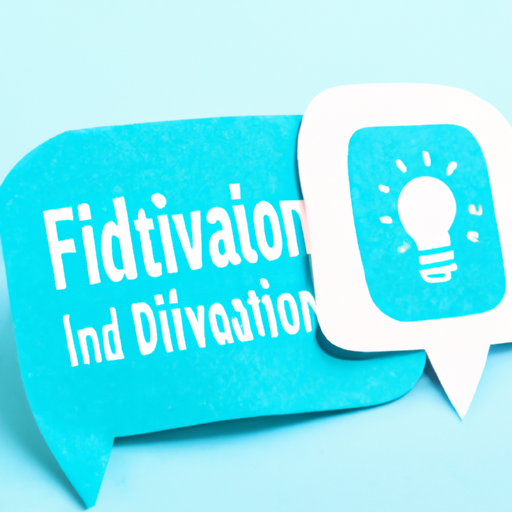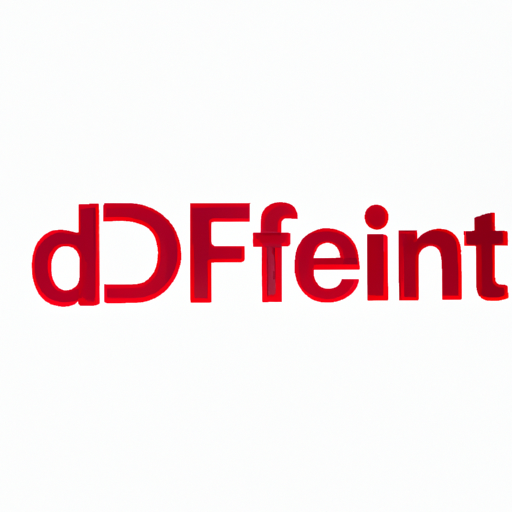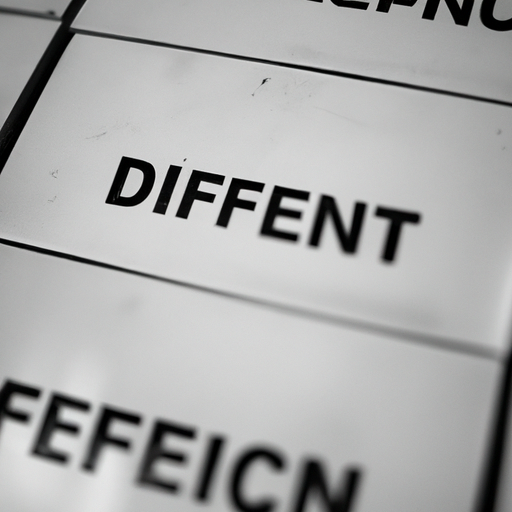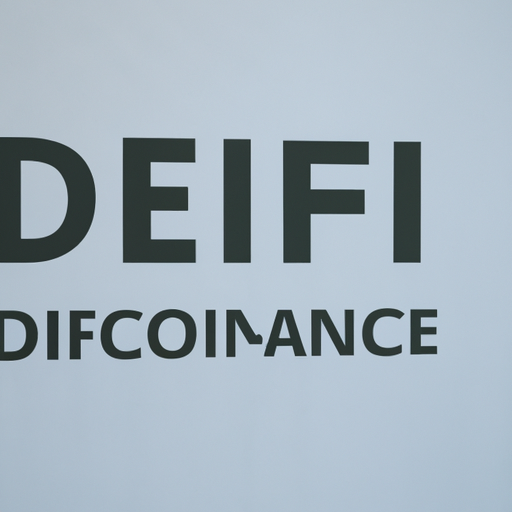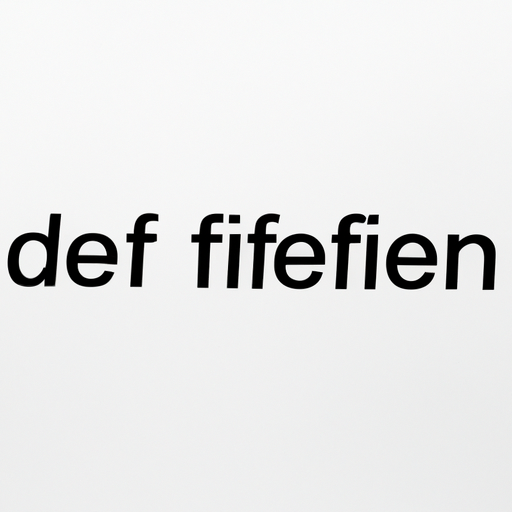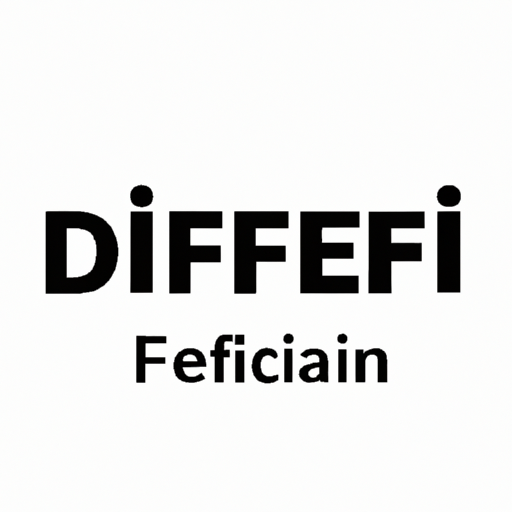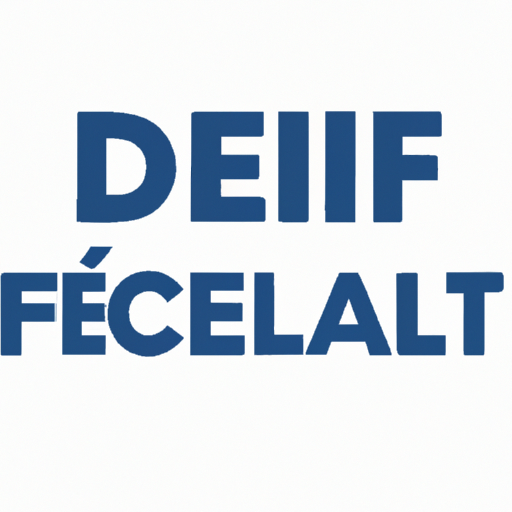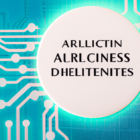In the ever-evolving world of Decentralized Finance (DeFi), innovation is at the forefront of transforming the traditional financial sector. This article explores the latest advancements in DeFi, the technology driving them, and their implications for the future of finance.
What is Decentralized Finance?
DeFi refers to a movement within the financial system that is built on blockchain technology, aiming to recreate and improve upon traditional financial services like lending, trading, and investment without the need for intermediaries like banks. Utilizing smart contracts, DeFi platforms allow users to engage in financial transactions directly, enhancing transparency and reducing costs.
Latest Innovations in the DeFi Space
- Automated Market Makers (AMMs): AMMs have revolutionized the way users trade cryptocurrencies without needing centralized exchanges. Platforms like Uniswap and SushiSwap provide liquidity through smart contracts, allowing users to swap tokens directly.
- Yield Farming and Liquidity Mining: These concepts allow users to earn rewards by providing liquidity to DeFi platforms. Projects like Yearn.finance offer users the ability to manage their investments and maximize yields automatically.
- Decentralized Stablecoins: Innovations like DAI and USDC provide users with stable digital assets backed by cryptocurrencies, mitigating volatility and fostering broader adoption.
- Insurance Protocols: DeFi insurance protocols like Nexus Mutual are emerging to protect users against risks such as smart contract failures and hacks, enhancing confidence in the DeFi ecosystem.
- Layer 2 Solutions: With Ethereum facing scalability challenges, Layer 2 solutions like Optimism and Arbitrum are being developed to improve transaction speeds and reduce fees, making DeFi more accessible.
The Future of DeFi Innovations
The future of DeFi looks promising as these innovations democratize financial services, empower users, and create a more inclusive financial system. As technology continues to advance, we can expect even more creative solutions to emerge, further bridging the gap between traditional finance and digital assets.
Conclusion
Decentralized finance is rapidly transforming the financial landscape, and staying informed about the latest innovations in this space is crucial for anyone interested in finance and technology. As we move forward, keep an eye on how these advancements will impact not just individual investors but also the entire financial ecosystem.
Stay tuned for more updates on DeFi trends and innovations!

